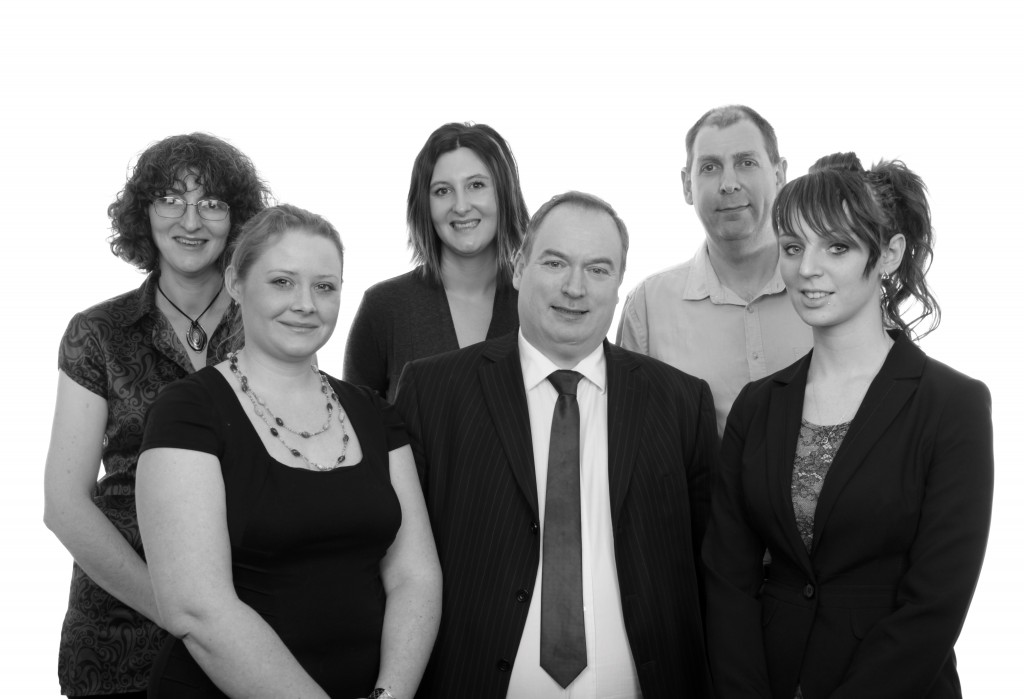
Dear Motoring Solicitors,
Allow me to introduce myself.
My name is Katie Forrest, and I have a dual role here at Forrest Williams.
As well as maintaining a full paralegal role, I am also the Business Development Manager. This is deliberate: we believe that to develop a business you have to understand the business. And so, I work on our business and in our business.
As Business Development Manager, I am always looking for ways of improving our business and increasing the clients we serve and the products and services we offer.
There are limitations to this, though.
Whilst we are a business, and have to make a profit in order to not only pay our own expenses and staff’s salaries, but also to remain in business and therefore to be able to help more people in the future, we also have an obligation to do the right thing.
The vast majority of people who ring us have little to no legal knowledge. They see us as the legal experts, and they trust that what we tell them is correct.
I’m writing this open letter as a personal plea to some motoring solicitors who I know are not taking this obligation seriously enough.
I’d like to share the story of Miss K. Miss K rang us recently facing a drink driving charge. She was distraught. We invested a great deal of time in reassuring her and discussing the best way forward for her. She was quick to accept that she ‘held her hands up’, and she wanted to plead guilty and have strong mitigation presented to the Court to help her come away with the shortest disqualification.
Our role for her was one of damage limitation, as it is for many people.
The disqualification would have a devastating effect for Miss K, who owns a business and employs staff. The consequences would affect not only her, but her business and her employees.
It was a serious case, and Miss K was grateful for the time we spent supporting her and advising her.
We had her advocate selected, her date in our diary, and then…
… she rang and cancelled her instructions to us.
She had gone elsewhere.
She had initially rang around several companies, and one of those motoring firms had called her some time after her initial discussion with them, and by which time she had instructed us to represent her.
This firm advised Miss K that she should plead not guilty and that they had a 100% success rate of winning cases like hers. They virtually promised her that she would be found not guilty and would avoid a disqualification.
They advised this where no defence existed. I can’t say it without sounding egotistical, but trust me, my firm know the defences. If there is one there, we will find it.
Miss K, as a woman desperate to avoid a disqualification for her sake and the sake of her employees, took this opportunity and instructed this other firm.
I don’t mind that a client chose to go elsewhere. I regularly advise callers to ring around several firms, and instruct the firm who they feel most comfortable with. I do not aim to have every person who calls us become a client – some won’t be able to afford our prices, others will simply feel more comfortable with other firms for whatever reason.
What I mind, is that Miss K has been led to believe that she should plead not guilty when she shouldn’t.
Unfortunately, she isn’t alone. I hear many callers tell me, “I’ve spoken to another firm and they’ve promised me I’ll be found not guilty”.
Not all motoring firms do this, of course. There are some excellent firms out there who I know are committed to providing accurate advice.
But there is a small number of firms who seem to advise all callers that a not guilty plea is appropriate. They tell these callers that they have access to expert witnesses, that they have loopholes other firms don’t know about, that they have strong success rates and don’t even need to see the client’s paperwork to virtually guarantee them being found not guilty.
Those firms know who they are, and it is those firms I would like to speak to and ask, why? Why would you take advantage of desperate people when you are in such a position of trust? Why would you guarantee success when you know you are not being honest? Why would you advise clients who – when found guilty – will lose their jobs and income, that they require expert witnesses who will increase their costs without securing them success?
I speak to clients every day and I laugh and cry with them. I work early and late and spend weekends in the office to prepare their cases at the times easiest for them. I listen to their stories and I truly care about their lives.
I am honest with them, and I do what is best for them.
Today, for example, I took a call and obtained a new client. Let me call her Mrs T. She was devastated to find herself in the position of requiring our help for a drink driving offence. She cried down the phone to me.
She sent me a detailed statement of the background leading up to the incident, and I sat and cried for her.
I made a call to one of the barristers’ Chambers who my firm work closely with. I asked if a particular barrister – who I saw just days ago socially – could cover this case, because of his particular personal skills, and I re-arranged my Wednesday so that I could travel to his Chambers to meet with him and the client before the hearing date.
To the firms who are promising the world when they know they can’t deliver, I want to say this:
There is another way.
You can have a profitable business by doing the right thing. You can have a client be amazingly happy with the outcome of their case even when they plead guilty. You can build lasting relationships with colleagues and associates – like the barristers who we use time and time again and now consider to be friends – without being taken advantage of.
You can, and should, care so much that the idea of anyone being dishonest to or hurting your clients hurts you too.
And, if you don’t care that much, maybe you’re in the wrong field. Maybe you need to remember that to each person who calls you, this is the biggest thing going on in their life. Remember that they are scared, and they need someone to trust. Someone who will be tough enough to tell them the honest prospects of their case, who will care enough to listen to them cry – and maybe join in; someone who will have the morals to advise them of the best course of action, not the most expensive.
If you don’t bring those things to the field, you shouldn’t be in the field.
Yours,
Katie Forrest



